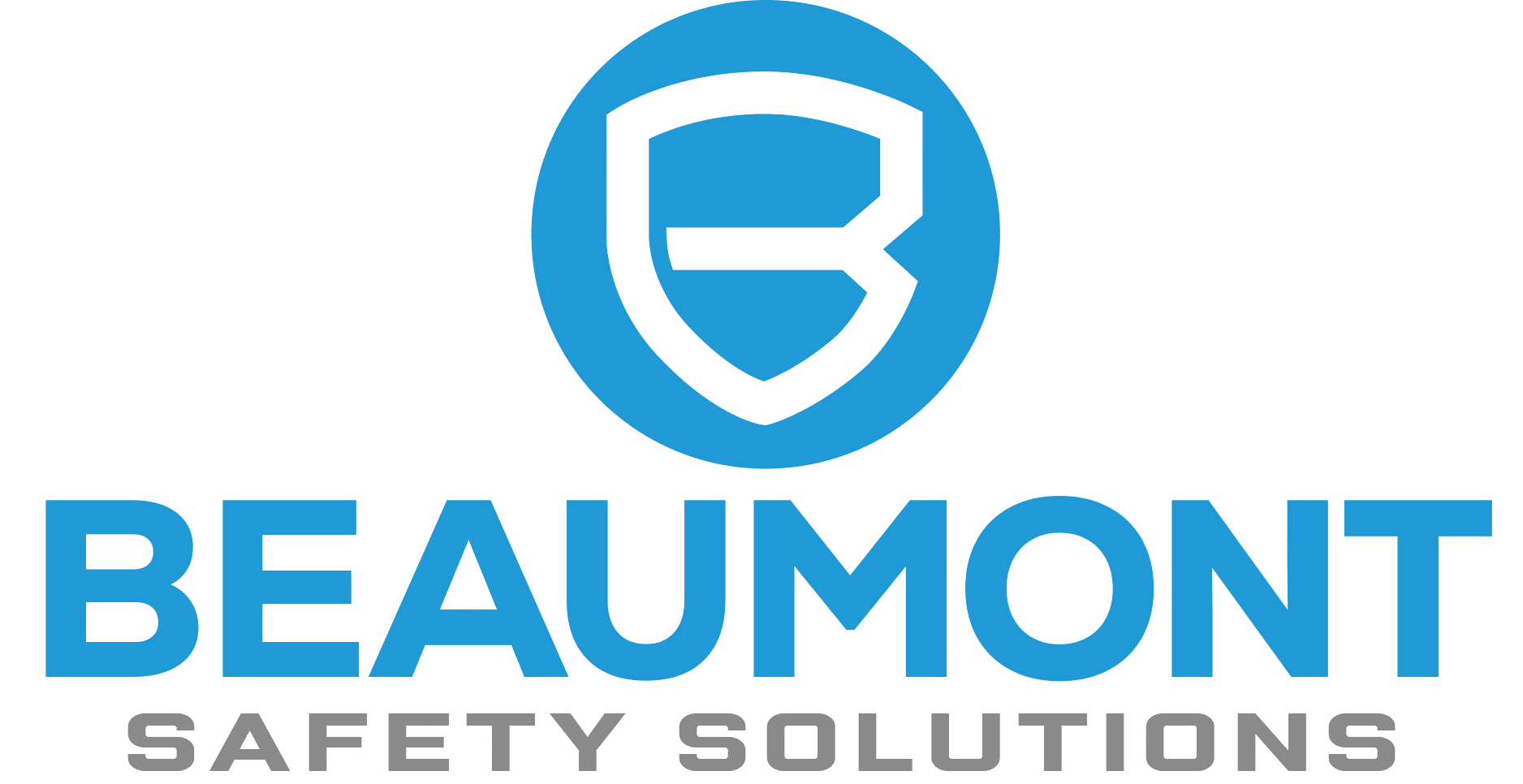The changes to the regulations under the Work Health and Safety Act related to psychosocial legislation will help provide better guidance to workers and employers from 25 December 2023.
Safety and engagement are subjective topics – hard to measure but have a disproportionate effect on corporate results and turnover.
Companies that offer psychological safety have more secure employees, who have more head-space available to act faster, share ideas, questions and concerns. It is when employees don’t feel safe to do so that the company slows down and every decision is over-thought.
What does that really mean for health and safety?
Stress in-and-of itself is not the same as a workplace demand or a pressure. Most jobs will have busy times or may have some degree of stress. When an environment is not psychologically safe, it is generally because the worker feels a cumulative growth in stress because they can’t speak to those around them or their managers; there are no support structures.
We know that we need to manage risks, ensuring that work demands are not excessive and that workers are given appropriate autonomy. We can also mitigate risks by ensuring that colleagues and supervisors are supportive of one another.
Timothy Clark, author of 4 Stages of Psychological Safety (link to article) indicates there are different kinds of safety that we can offer employees – and should work towards ensuring they’re safe for all:
1. Inclusion Safety
When you’re welcomed as your authentic self to your workplace. Bringing your best self to work.
2. Learner Safety
When you can ask questions and make mistakes as you learn.
3. Contributor Safety
When you can share your ideas without fear of retribution.
4. Challenger Safety
When you can question the status quo, raise concerns, or dissent without consequence.
Achieving this in many workplaces will require a mindset change.
Amy Edmonson (link to article) has suggested that teams that make more mistakes perform better – or rather (if you look behind the numbers), it is teams where members can admit their mistakes will have better outcomes. Members of those teams have a shared belief that the team is a safe place. They don’t need to stay silent – because speaking up in certain circumstances and when it is motivated by “getting the right outcome” is helpful. She notes that there should be “a belief that one will not be punished or humiliated for speaking up with ideas, questions, concerns or mistakes.”
So as you kick-off the new year, consider what you can do to create an open environment at your workplace – so you (and your team) can bring their best selves to work every day.
If you need help with workshops or brainstorming about your safety plan utilising the new regulations, then get in touch and we’re happy to share best practice or help with your plans.



